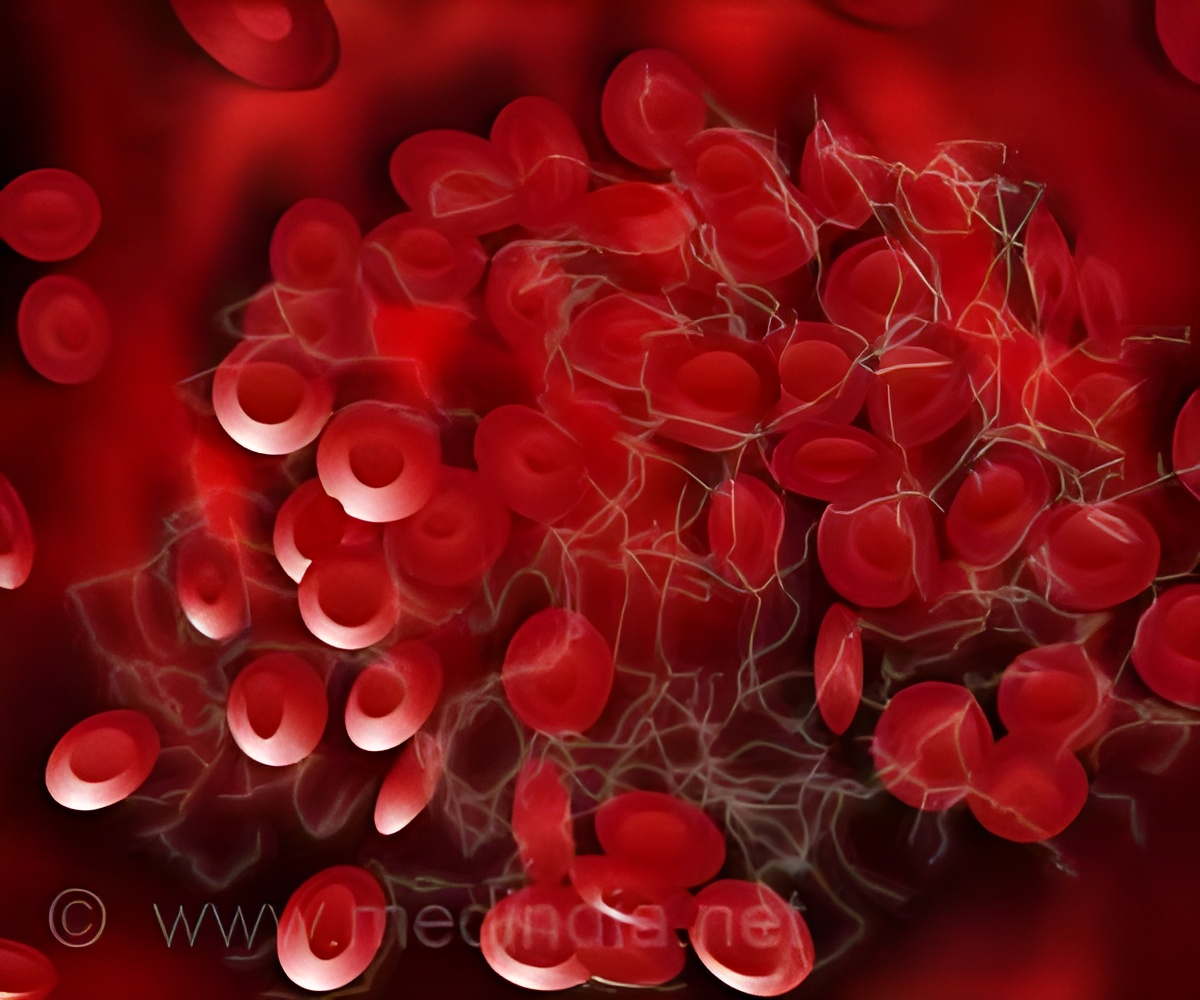Now a single injection could treat a genetic blood clotting disorder instead of a several injections throughout lifetime.

‘Hemophilia B can be treated for life with one single injection, containing disease-free liver cells that can produce their missing clotting factor.’





Hemophilia B is caused by defects in the gene for a protein called clotting factor IX (FIX). Hemophiliacs may make reduced amounts of the protein, or lack a functional version altogether, leading to life-threatening delays in blood clotting. Currently, patients are treated with injections--as often as a few times a week--containing FIX made in animal cells and then purified. But the approach is expensive, time-consuming and can become less effective over time. Recently, Salk scientists developed a new approach, treating mice genetically engineered to have hemophilia B with strands of messenger RNA encoding the FIX gene. Like the standard treatment, however, this required repeat injections each time levels of the messenger RNA ran low. So the scientists wanted to try a more permanent approach: transplanting healthy liver cells, capable of producing FIX, into patients.
"The appeal of a cell-based approach is that you minimize the number of treatments that a patient needs," says Suvasini Ramaswamy, a former Salk research associate in the Verma lab and first author of the new paper. "Rather than constant injections, you can do this in one shot."
Since donor livers are often in short-supply, the researchers instead turned to stem-cell strategies to produce the healthy liver cells. They collected blood samples from two human patients with severe hemophilia B, who are unable to produce FIX. Then, in the lab, they reprogrammed the cells into induced pluripotent stem cells (iPSCs), which have the capability to turn into many other cell types, including liver. Using CRISPR/Cas9, a tool that can alter genes, they then repaired the mutations in each patient's FIX gene. Finally, they coaxed those repaired cells to develop into liver precursor cells called hepatocyte-like cells (HLCs) and transplanted them into mice with hemophilia B.
Rather than perform surgery on hemophilic mice--a risky undertaking when their blood can't always clot--the team transplanted the HLCs through the spleen to distribute the cells uniformly in the liver.
Advertisement
In people with hemophilia, using their own cells to generate healthy HLCs, then transplanting them back into their bodies, could help avoid the immune complications that often accompany cell therapies. But more work is needed to translate the findings to the clinic.
Advertisement
Already, she adds, the work demonstrates the value in combining stem-cell reprogramming and new gene-modifying approaches to treat genetic diseases.
Source-Eurekalert













